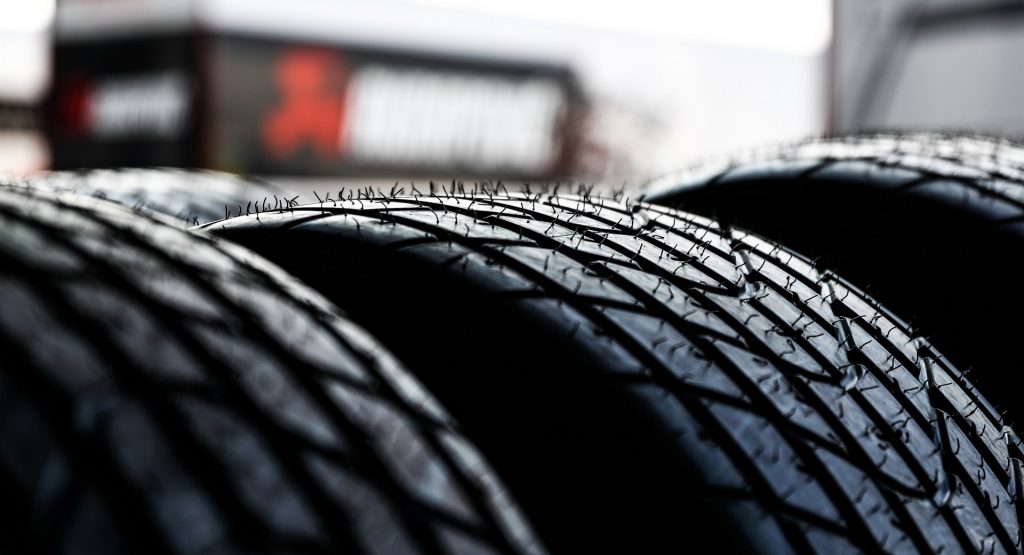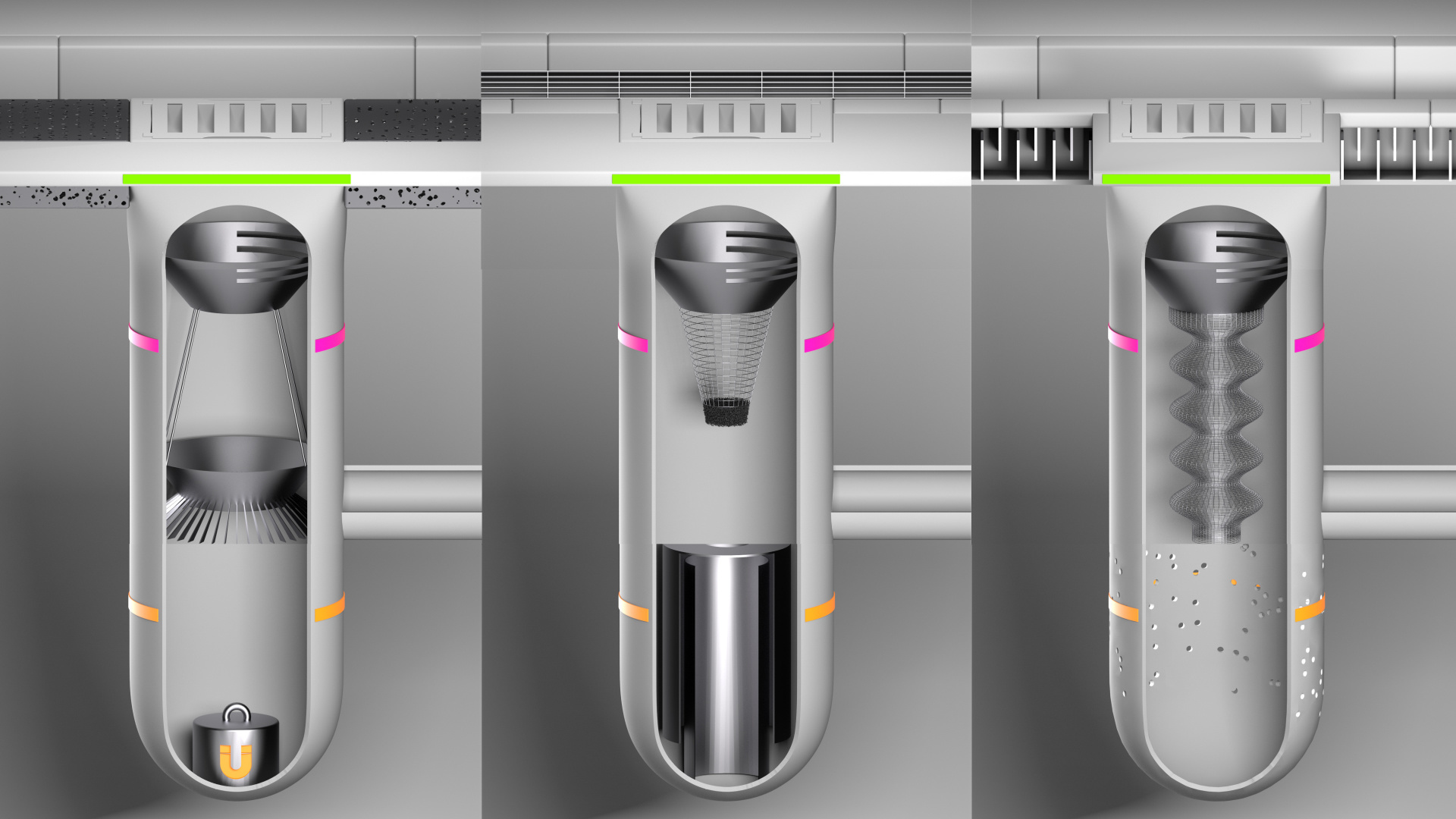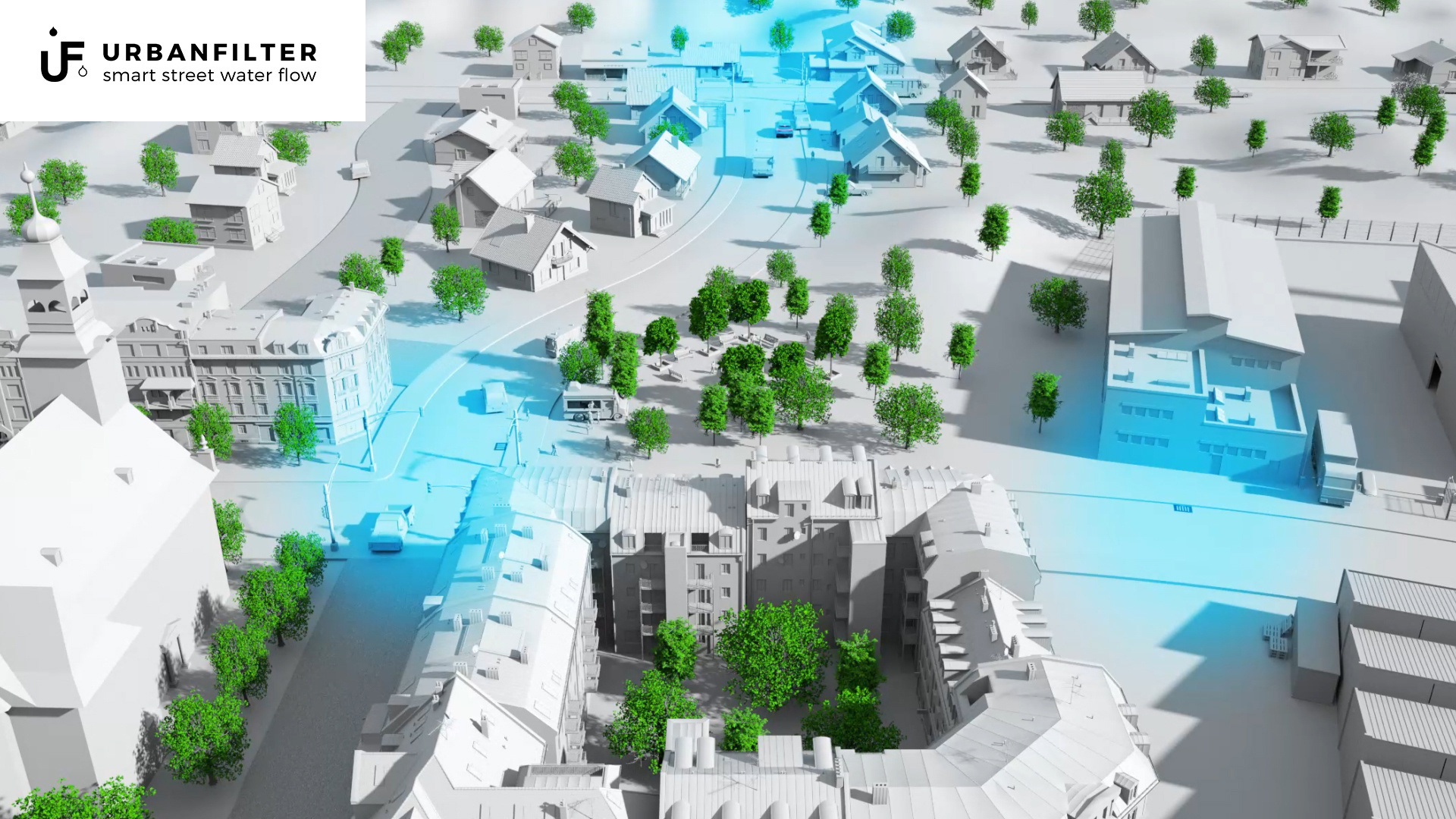For every mile that any vehicle on rubber tires drives, it generates particles that come from both the tire and the road. Now, though, Audi is testing a filtration system in Berlin that could help prevent some of the environmental damage that these emissions create.
Estimates suggest that 110,000 metric tons of road wear particles end up on the streets in the form of microplastics every year in Germany alone. When the rain falls, they are swept through the sewer system, into waterways, and ultimately into the ocean.
To remedy that, Audi is working with the Technical University of Berlin to develop a new filter concept for urban runoff. It is currently testing filters that attempt to trap microplastics at the street level, at the drain level, and at the sewer level, in order to catch them before they end up damaging ecosystems.
Read Also: Audi Makes Its V6 TDI Engines Compatible With Vegetable Oil-Based Fuel
Launched in 2020, the project started first in a laboratory at the Technical University of Berlin, where it managed to trap not just tire emissions, but cigarette butts, candy wrappers, coffee lids, and other microplastics, too.
For just over a month now, the system has been deployed on a busy street in Berlin where they have now completed their first major test: a series of storms that battered the city in February. The team has deployed nine filters in three zones to see which is the most effective and how they work in harmony.
“The system has already passed tests with ground tire rubber between 20 to 1,000 micrometers (µm) in size in conditions of light to medium rainfall,” said Daniel Venghaus, research associate in the Department of Urban Water Management at TU Berlin. “Now we’re working on improving the filter performance when there is strong rainfall.”
The goal is to make the URBANFILTERs, as they’re being called, work for a year without maintenance or cleaning. By connecting the filters together and using city information about the filter’s locations, they can even be cleaned preventatively if a big rainfall is coming. Initial discussions, meanwhile, are underway with the ADAC Driving Safety Center to have it help develop the technology further.
“Our goal is to take preventative actions wherever possible so that fewer microplastics get into the environment,” said Rüdiger Recknagel, Director of the Audi Environmental Foundation.






